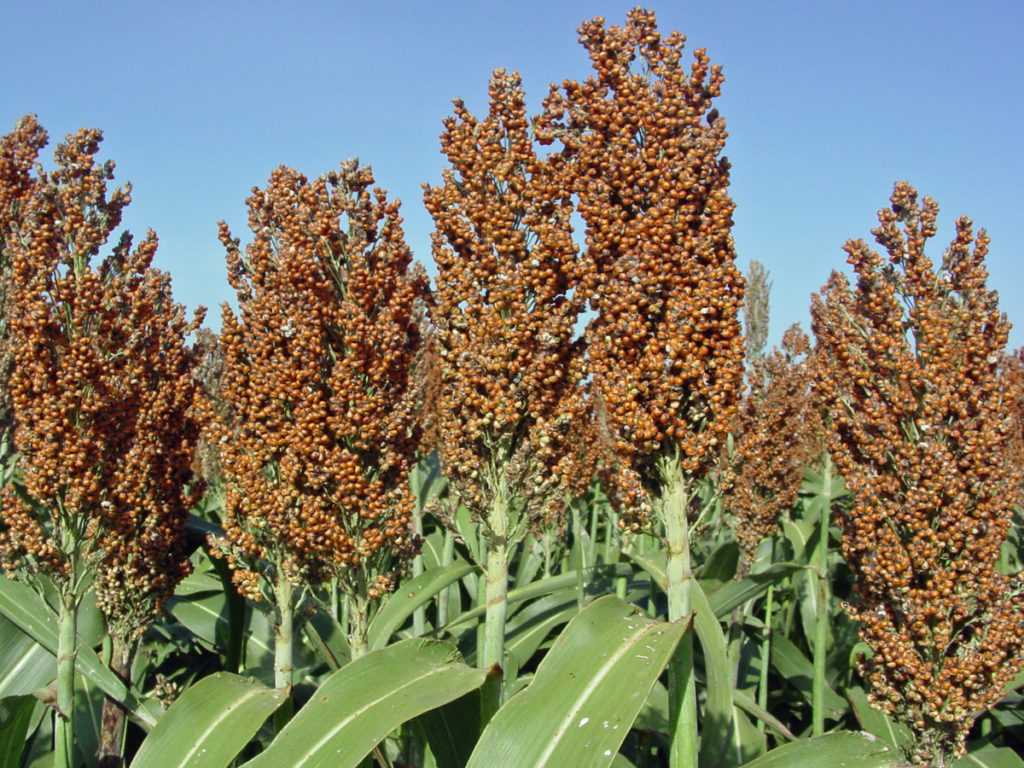
Zim Now Writer
Following reports of mass deaths of birds on two South African commercial farms in the Paardeberg area, surveillance has been increased along borders to curb the spread of avian flu.
Department of Veterinary Services chief director Dr Josphat Nyika said the outbreak triggered the upscaling of surveillance along the country’s borders, adding that this would also help disrupt illegal trade.
Dr Nyika also said the Vet Department was ready to respond to any outbreaks in the country.
Imports of poultry remain banned and border checks were being made to prevent any possible spread of the virus from South Africa.
“No, there are no reports of an outbreak of avian influenza in the country so far,” said Dr Nyika.
“We have strengthened our surveillance mechanism at our borders with South Africa. Currently, we are not importing poultry because of the previous avian influenza outbreak.
“We encourage farmers to upscale bio security around their farms. Precautions need to be taken: that is gates must be kept locked and farmers must maintain just one set of entry and exit gates or doors. A foot bath must be available to prevent the entry of the diseases.”
Related Stories
Veterinary experts did not encourage vaccination of the birds against the disease because of vaccine reaction, and vaccinated birds cannot be eaten.
The virus has remained in continuous circulation in Asia and has been re-introduced to Europe and Africa, having been detected in Uganda, among other African countries.
Poultry producers have also been advised to report unusually high rates of illnesses and deaths of birds to the nearest Government veterinary offices.
Avian Influenza is a highly contagious viral disease of poultry chickens, turkeys, quails and guinea fowl as well as wild birds.
The disease can be spread through migratory wild birds and mechanical vectors, such as contaminated cages and clothing, and through the international trade in poultry and poultry products infection.
The disease can also affect humans through exposure to infected birds or handling of infected carcasses.
Influenza viruses are highly contagious and therefore spread very quickly in susceptible populations.
However, the viruses change dynamically and highly virulent strains can occur from time to time, causing major human and animal illness and death.
Symptoms of avian influenza include quick illness and sudden deaths.




















Leave Comments